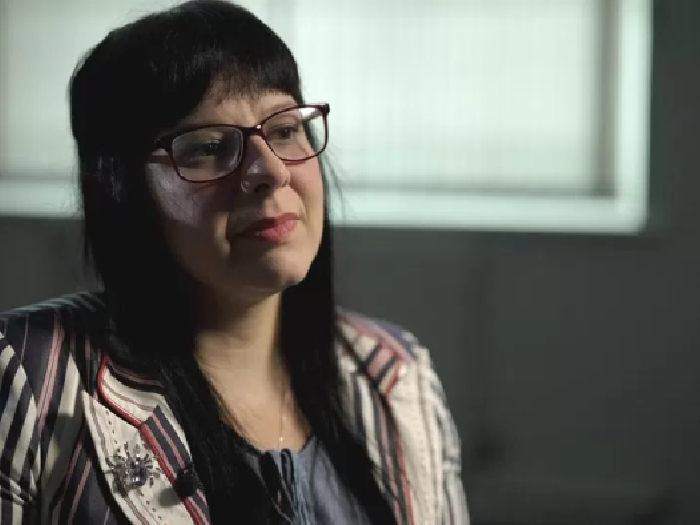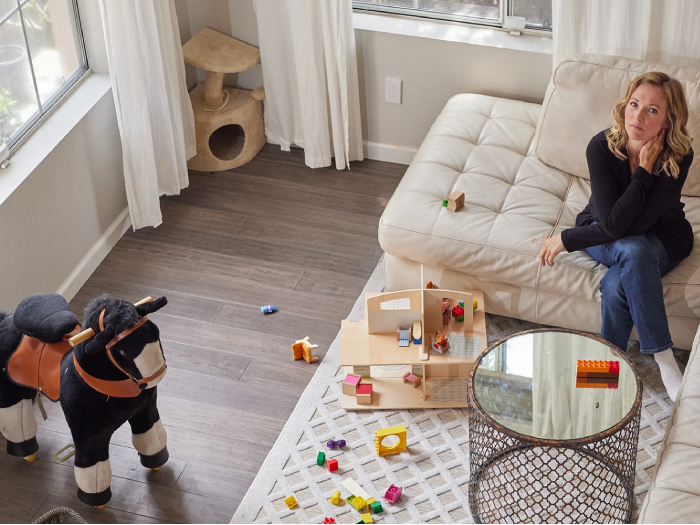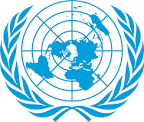A judge gave the stepdad custody anyway. Then she found the photographs. How the ‘junk science’ of parental alienation infiltrated American family courts and allowed accused child abusers to win custody of their kids. by Olivia Gentile (Insider)
In the summer of 2020, when he was 12, Robert told his therapist something he’d never told anyone else. For years, Robert claimed, his stepdad had sexually abused him. The step-father camed that the accusations weren’t evidence that he’d abused the boy, rather they were evidence that the boy’s mother had poisoned the children against him. He was causing the children such grave psychological harm, he claimed in the filing, that Robert and his younger sisters should be transferred to his custody right away. The court agreed despite CPS finding the claims to credible. Robert was put into a reunification camp, where he says he became suicidal. After being placed in the sole custody of his step-father, Robert began to have panic attacks and was later placed into a psychiatric hospital. After losing her children, the mother found thousands of explicit images of children, including Robert, her ex-husband that taken. She turned them over to law enforcement. Her ex-husband was soon charged with 19 felonies, including possession of child pornography and 14 counts of committing forcible lewd acts against a child, Robert. Suddenly, the custody dispute was transferred to juvenile dependency court, which meant Ratekin was no longer presiding. The new judge ordered the kids into their mother’s care while the case was pending. On February 18, they came home. At first, Montes said, the two youngest children were so scared of being taken again that they couldn’t sleep in their rooms. In addition, five years of legal bills have left the family in debt and on food stamps.






